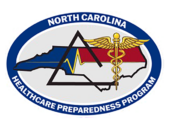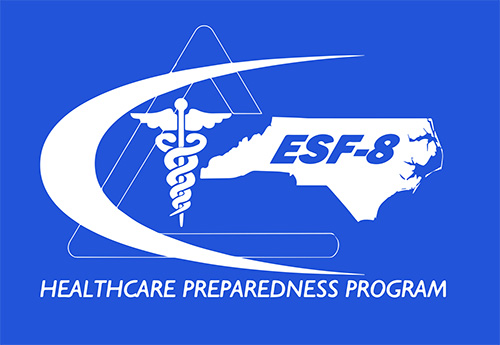 A High Consequence Infectious Disease (HCID) refers to a contagious illness that poses significant risks to public health, often due to its potential to cause widespread illness, death, social disruption, and economic impact. Characteristics of HCIDs include high transmission rates, severity of illness or mortality, potential for healthcare system overload, and challenges in containment and treatment.
A High Consequence Infectious Disease (HCID) refers to a contagious illness that poses significant risks to public health, often due to its potential to cause widespread illness, death, social disruption, and economic impact. Characteristics of HCIDs include high transmission rates, severity of illness or mortality, potential for healthcare system overload, and challenges in containment and treatment.
HCIDs are typically associated with pathogens such as certain strains of influenza viruses, Ebola virus, severe acute respiratory syndrome coronavirus (SARS-CoV), Middle East respiratory syndrome coronavirus (MERS-CoV), and others. These diseases require heightened surveillance, rapid response protocols, and specialized measures to prevent their spread and mitigate their impact on communities and healthcare systems.
HCID Resources
The following links provide more information for healthcare agencies and organizations to utilize as a framework when preparing for, responding to, and recovering from a high-consequence pathogen in North Carolina.

